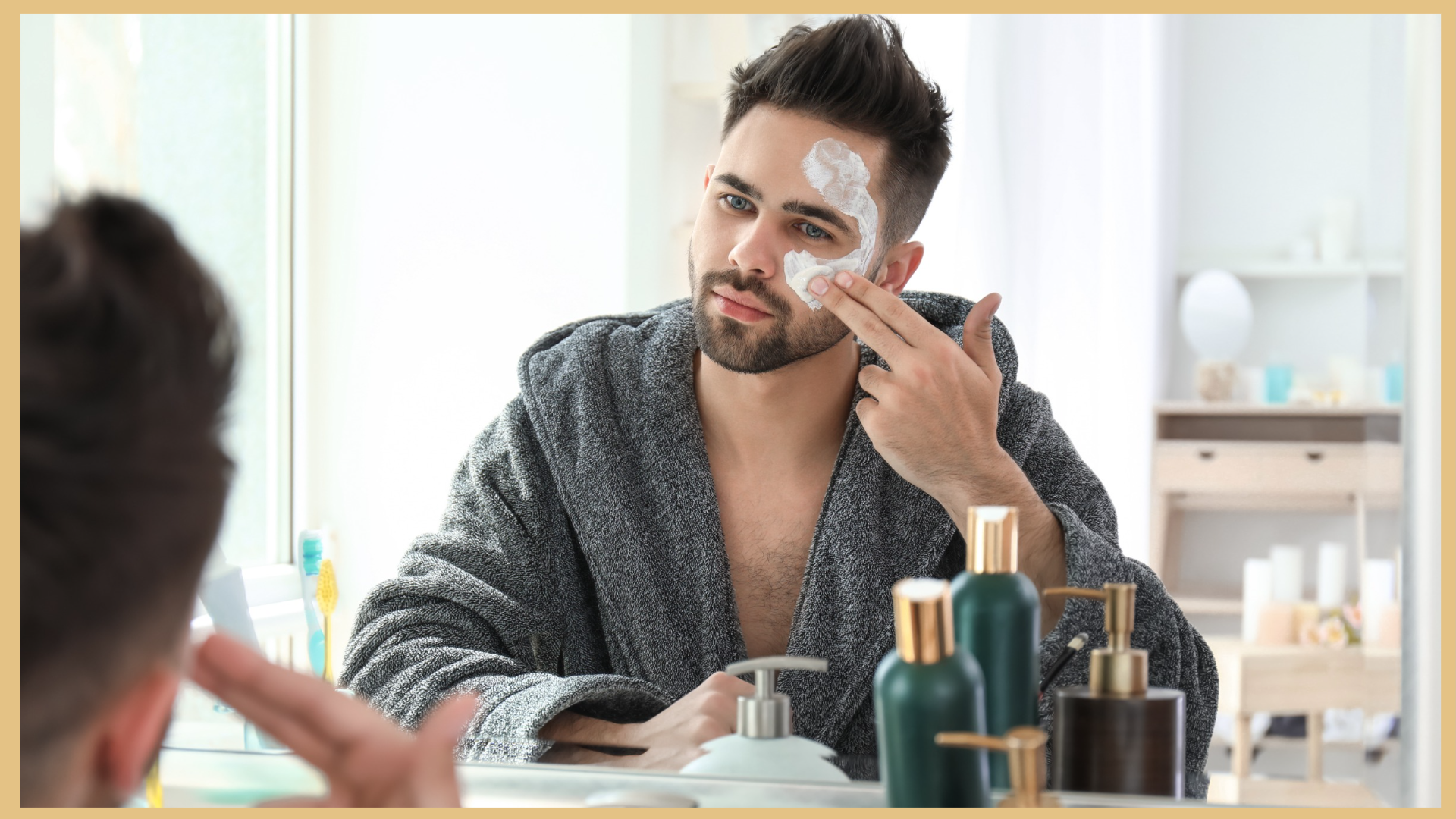
Combating Stress and Its Effects on Your Skin
Stress is an unavoidable part of life, but it can take a significant toll on your skin's health. Chronic stress can lead to breakouts, premature aging, and even exacerbate existing skin conditions. In this blog post, we'll explore the impact of stress on your skin and discuss effective ways to manage stress for better skin health.
The Connection Between Stress and Skin Health
When you're stressed, your body produces higher levels of cortisol, a hormone that can wreak havoc on your skin. Elevated cortisol levels can cause:
- Increased oil production: Higher cortisol levels can cause your sebaceous glands to produce more oil, which can lead to clogged pores, acne, and breakouts.
- Inflammation: Stress can trigger inflammation, making existing skin conditions like eczema, psoriasis, and rosacea worse.
- Premature aging: Chronic stress can break down collagen and elastin, the proteins responsible for keeping your skin firm and elastic, leading to fine lines, wrinkles, and sagging skin.
- Weakened immune system: Stress can weaken your immune system, making it harder for your skin to repair and regenerate itself.
Effective Ways to Manage Stress for Better Skin Health
To combat the negative effects of stress on your skin, consider incorporating these stress-management techniques into your daily routine:
1. Practice mindfulness and relaxation techniques
Mindfulness and relaxation techniques, such as meditation, deep breathing, or progressive muscle relaxation, can help reduce stress and improve overall well-being. Set aside time each day to practice these techniques, even if it's just for a few minutes.
2. Exercise regularly
Regular exercise is an excellent way to relieve stress and promote better overall health. Aim for at least 30 minutes of moderate-intensity aerobic exercise most days of the week, along with strength training and flexibility exercises.
3. Prioritize sleep
A good night's sleep is essential for managing stress and maintaining healthy skin. Aim for 7-9 hours of quality sleep each night and establish a consistent sleep schedule.
4. Maintain a balanced diet
A balanced, nutrient-rich diet can help reduce stress and support healthy skin. Focus on consuming whole foods, such as fruits, vegetables, lean proteins, whole grains, and healthy fats. Limit your intake of processed foods, sugar, and caffeine, which can exacerbate stress and skin issues.
5. Stay connected with friends and family
Social support is crucial for managing stress and maintaining mental health. Stay connected with friends and family through regular phone calls, video chats, or in-person meetups.
6. Seek professional help if needed
If you're struggling to manage your stress, consider seeking professional help from a therapist or counselor. They can provide guidance and support in developing effective stress-management strategies tailored to your specific needs.
Final Thoughts
Stress can have a profound impact on your skin's health, but by incorporating effective stress-management techniques into your daily routine, you can mitigate these effects and promote healthier, more radiant skin. Remember to also maintain a consistent skincare routine, using high-quality products designed specifically for men's unique skincare needs. Visit https://www.chetmanly.com to explore our range of cleansers, exfoliants, moisturizers, and sunscreens to support your journey to healthier, stress-free skin.


